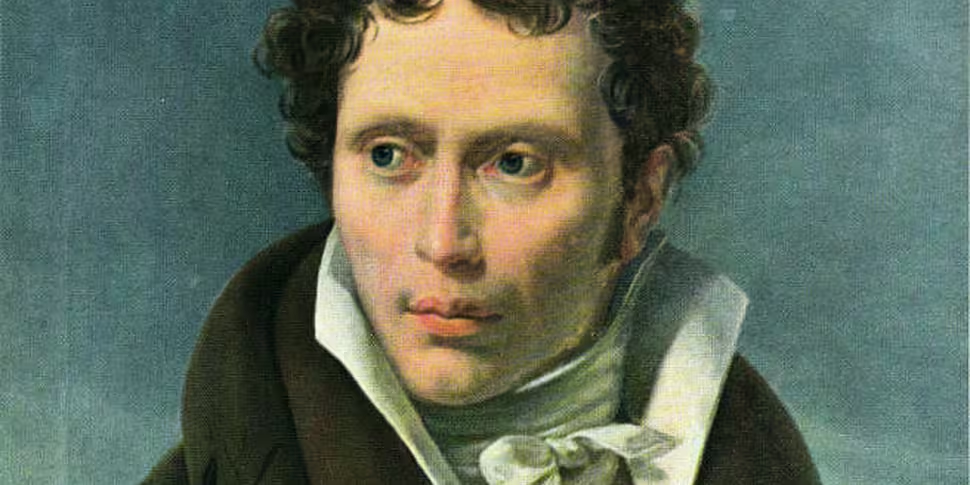In February 1788 in the port city Danzig (now GdaÅ„sk, Poland) one of history’s greatest pessimists was born. During his 72 years on earth Arthur Schopenhauer would formulate some of the most dour and readable philosophical theories on human existence. These have become immeasurably influential, inspiring figures from Richard Wagner to Carl Jung and Samuel Beckett.
Philosophy had long searched for meaning in the world. If we could somehow uncover the hidden reason governing the universe we would be masters of our own fate. While many of his contemporaries continued this search for a universal rational Schopenhauer lost himself in the idea of a world devoid of meaning.
This distinction largely came down to different understandings of mankind’s fundamental nature.
Georg Hegel, probably the most famous philosopher of the time, had popularised the idea that society formed a collective consciousness which drove history in a distinct direction. This idea gave a rational meaning to existence, making us all small parts in society’s distinct journey forward.
Schopenhauer found no merit in these ideas. For him mankind was driven on only by each person’s will to fulfil their basic desires. There was no direction or meaning to these cravings - they were fundamentally illogical and futile. This ‘Will to Live’ superseded any collective consciousness with progress willingly cast onto the pyre of self-fulfilment.
Schopenhauer freely embraced the inherent pessimism of these ideas. For him existence was devoid of meaning and all actions were, ultimately, futile. Not only is the glass half empty but its very existence and the question itself is pointless.
In a strange way this pessimistic view of the world affords the individual great freedom. With the threat of an afterlife or lasting legacy removed we are able to focus on the here and now.
Where desire caused pain and suffering, humans could find temporary alleviation in art and aesthetics. By creating a representation of our experience of the world we are temporarily freed from viewing the world from the outside. We exist for that moment as part of the world that we are observing and trying to describe. Through art we become, however temporarily, freed from our own will.
It wasn’t only his ideas that brought Schopenhauer in conflict with those around him. An abrasive character he clashed with many of the leading thinkers of his lifetime, often going beyond a critique of their ideas but attacking the person directly.
Despite these behaviours, or maybe because of them, compassion lay at the heart of Schopenhauer’s ethics. In a world devoid of meaning there is no room for duty or utility and so only an inner drive to do good can drive moral acts.
Speaking with a panel of renowned philosophers and academics, Talking History presenter Patrick Geoghegan delves into the life and thought of Arthur Schopenhauer. What are the fundamental principles of his philosophy? Why are they so intrinsically pessimistic? Is there any good to be found in these ideas? And what sort of life gave rise to such a pessimistic thinker?









